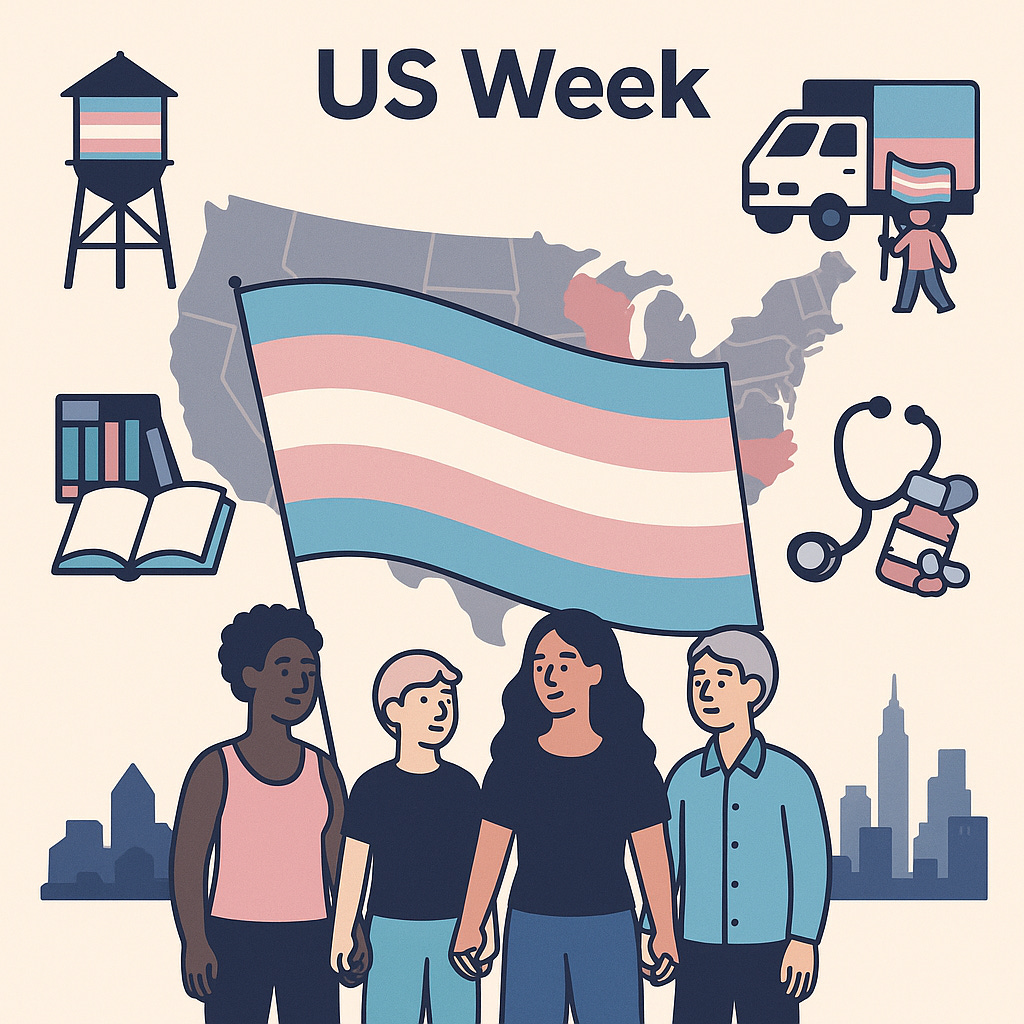The push to regulate gender identity has moved from state capitols into classrooms and reading rooms. Over the past academic year, PEN America logged more than five thousand instances of school book removals, and forty per cent involved titles with transgender or non-binary characters. Districts in Florida, Texas and Missouri now require librarians to vet shelves against state-approved lists or lose funding altogether.
Teaching staff face their own rules. Florida’s Parental Rights in Education Act, first limited to primary grades, now reaches every year of schooling. Teachers must inform parents before using a student’s chosen name or pronouns, and failure can cost them their license. Similar notification laws have passed in Iowa and Indiana, while Oklahoma threatens a five-thousand-dollar fine for any educator who affirms a student’s gender without written parental consent.
Athletics remain under heavy scrutiny. Twenty-four states bar trans girls and women from female sports teams across primary, secondary and, in several cases, university levels. Kansas goes further by demanding annual proof of sex assigned at birth for all student athletes, leaving local boards to decide how to verify the information.
Libraries are feeling the same pressure. Texas House Bill 900 imposes a state rating system for books that mention sexual orientation or gender identity, and publishers risk fines if they contest the labels. Missouri’s 2024 Safer Schools Act withholds state aid from libraries that refuse to remove “explicit” material, while Idaho now allows parents to sue a library directly for up to ten thousand dollars if their child accesses content deemed “harmful.”
Gay-straight alliances, once common after-school clubs, are shrinking under these new policies. In Tennessee, three large districts have reclassified GSAs as “outside organisations,” stripping them of room access and faculty sponsors. Courts are still weighing whether such moves violate federal protections, but the groups remain suspended while litigation proceeds.
The result is an educational map as fractured as the healthcare landscape. Whether a student can read a graphic novel with a trans protagonist, ask a teacher to use the right pronoun or join a supportive club now depends on state lines and school board votes. For many families, that uncertainty, rather than any single statute, is what keeps the bags half-packed.


